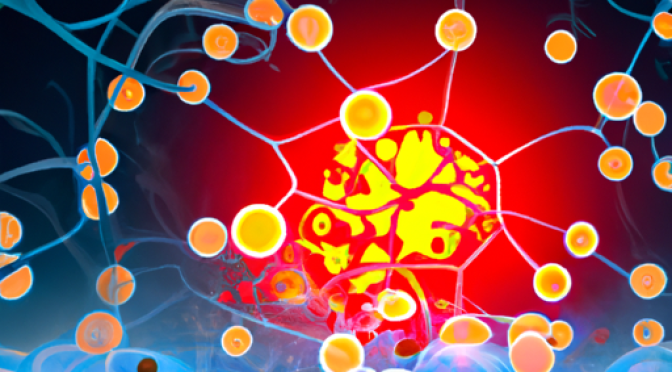How does biotechnology contribute to the development of the bioeconomy?
Biotechnology is the set of scientific and technological processes that are carried out using living organisms such as micro-organisms, plants and animals. Biotechnology has developed significantly in recent decades and is applied in many fields, including agriculture. Biotechnology contributes to the development of the bioeconomy by enabling more efficient and sustainable agricultural production.
1. Genetic modification
Biotechnology enables genetic modification, whereby the genetic material of plants or animals is manipulated to develop desired traits. This makes it possible to make crops more resistant to pests and diseases and to increase yields. Through genetic modification, biotechnology contributes to increasing the efficiency and productivity of the organic economy.
2. Biological plant protection products
Biotechnology enables the development of biological plant protection products that naturally control pests and diseases. These pesticides are more environmentally friendly and less harmful to human health and the environment than conventional chemicals. Through the use of biological pesticides, biotechnology contributes to the sustainability and environmental protection of the bioeconomy.
3. Bioengineering processes
Biotechnology is the application of bioengineering processes, which use living organisms to produce desired products. For example, biotechnology enables the use of micro-organisms in the food industry, such as yeasts in the production of bread and beer. Through bioengineering processes, biotechnology contributes to the economy and productivity of the bioeconomy.
4. Biogas production
Biotechnology enables the production of biogas, a renewable energy source. Biogas is a gas mixture produced by the anaerobic fermentation of biomass, such as animal manure or plant waste. Biogas can be used as energy, for example to generate electricity or heat. Through biogas production, biotechnology contributes to sustainable energy production in the bioeconomy.
Biotechnology contributes to the development of the bioeconomy in a number of ways. Genetic modification, biological pesticides, bioengineering processes and biogas production are all areas where biotechnology offers innovative solutions for sustainable agricultural production and energy efficiency. Further development and application of biotechnology is expected to further enhance the positive impacts of the bioeconomy on the environment and the economy.
∑: biotechnology, production, bioeconomy, contributes, biogas, development, processes, genetic, organisms
